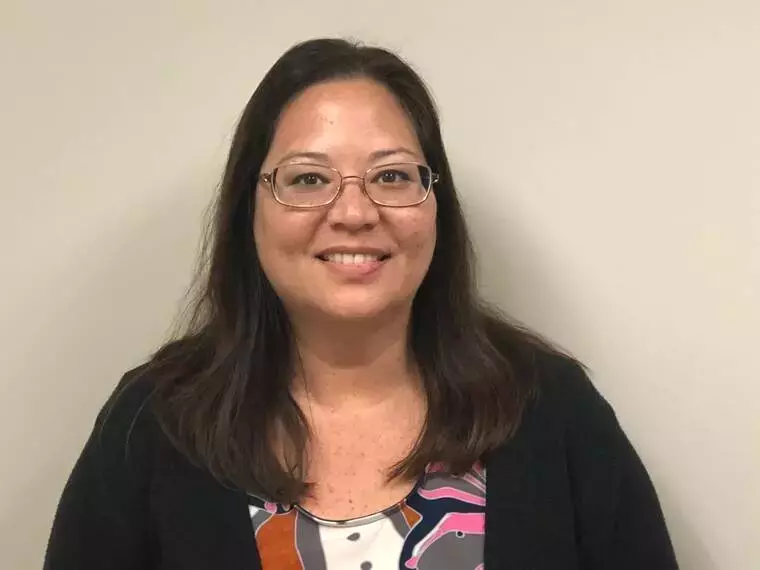‘We do it for love, not money’: Strong opposition to proposed changes to ag lot taxes

Preserving the Heart of Hawaii's Farmlands: Farmers Urge Caution on New Agricultural Tax Rules
In a passionate plea to preserve the essence of Hawaii's agricultural landscape, Big Island farmers are urging the Hawaii County government to reconsider a set of proposed tax rules that they fear could spell the end for many small farms. The public hearing held on Thursday night at the Finance Department was a testament to the deep-rooted concerns of the farming community, as they gathered in large numbers to voice their apprehensions about the impending changes.Safeguarding the Future of Hawaii's Farming Legacy
Closing Tax Loopholes or Stifling Small Farms?
The proposed amendments follow a series of county bills that were largely discussed and passed last year, with one relevant measure passing in 2021. These bills aim to establish new land dedication standards in an effort to close certain tax loopholes. The county's nondedicated agricultural use assessment, which allowed landowners to have their land assessed at lower values for tax purposes, was often perceived as being exploited by "gentlemen farmers" – wealthy landowners who claimed the tax benefit despite doing little or no actual agricultural work.While the county's intentions to address these perceived abuses are understandable, the farming community fears that the new rules may inadvertently punish the very people they aim to support – the small, dedicated farmers who are the backbone of Hawaii's agricultural landscape. The proposed changes will see the end of the nondedicated use program in September, to be replaced by three different agricultural dedication standards: 10-year long-term commercial, three-year short-term commercial, and five-year Community Food Sustainability Use Assessment.
Each of these dedication tiers comes with its own set of eligibility requirements and standards, including minimum size requirements, maximum allowable fallow periods, and specific acceptable agricultural uses. While the county has acknowledged the possibility of waiving certain requirements if a farmer can explain their inability to meet a given standard, the overall complexity of the new system has left many farmers feeling overwhelmed and concerned about the future of their operations.
The Productivity Conundrum: Balancing Sustainability and Profitability
One of the most contentious aspects of the proposed rules is the requirement for farms to demonstrate a certain level of economic productivity. The long- and short-term dedication tiers could require proof of at least ,000 annual gross income per farm operation, although this requirement could be substituted with "adherence to generally accepted standards or recognized practices within that agricultural industry."For many small-scale farmers, this economic productivity requirement poses a significant challenge. As one farmer, Lisa Dowd, eloquently stated, "We're not profiteers. We do it for love, not money." The concern is that by necessitating arbitrary profit targets, the county may inadvertently incentivize farmers to compromise on sustainable practices in order to meet these thresholds.
Furthermore, several farmers pointed out that they grow vegetables or raise livestock primarily to feed themselves, their families, and their communities, rather than for commercial purposes. "You don't get receipts when you give food away," said Russell Hiser, highlighting the disconnect between the proposed rules and the realities of small-scale, community-oriented farming.
Unintended Consequences and the Burden of Bureaucracy
The new rules have also raised concerns about unintended consequences and the burden of increased bureaucracy. Sterling Chow, for example, noted that not applying for one of the three dedication tiers is not an option, as his property tax will more than double if he does not. However, applying for one of the tiers will also require him to obtain new insurance, which he sees as an unnecessary and punitive requirement for non-commercial farmers.Other attendees lamented the retirement of the perfectly acceptable nondedicated use program, with Eric Weinert suggesting that the whole enterprise seemed to be a great deal of bureaucracy in order to catch a scant few violators. Brittany Anderson, a candidate for the County Council seat in Hamakua, shared her own experience, noting that her farm made no money for two years as she and her husband worked to get it up and running – an endeavor that was only affordable through the nondedicated use program.
A Call for Collaboration and Postponement
The overwhelming sentiment among the testifiers was a call for the county to postpone or cancel the implementation of the new rules, at least for a year, in order to engage in meaningful consultation with the farming community. Many attendees expressed frustration at the lack of public outreach, stating that they only became aware of the rule changes when they received a letter informing them of the Thursday hearing.As the county Finance Department reviews the testimony and makes a decision about the rules by mid-August, the farming community remains hopeful that their voices will be heard and that a collaborative approach can be found to address the county's concerns while preserving the heart and soul of Hawaii's agricultural heritage.